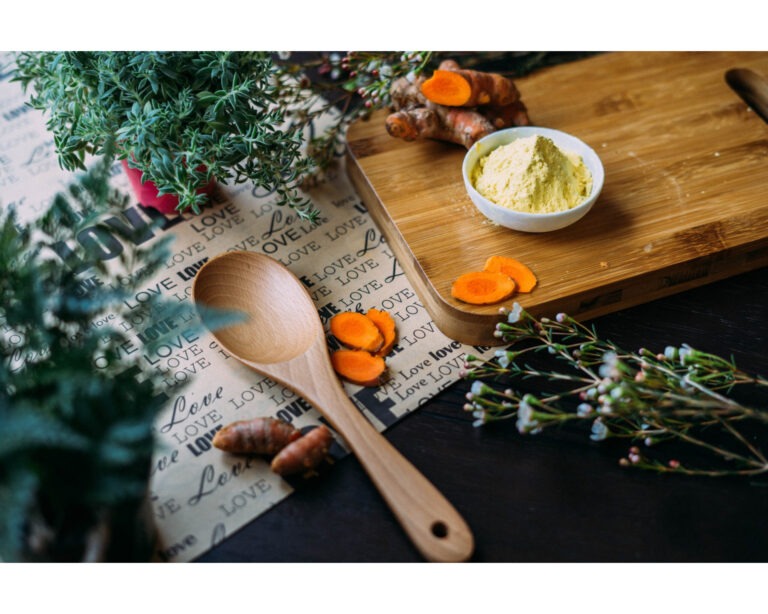
This blog is a continuation of the last one “Transition into Winter with Ayurveda” with a focus more specifically on diet during the winter season.
As I have mentioned in the previous blog post, it is important to have a balance of all “shad rasa” the “six tastes” in your diet (these are listed below). In Ayurveda these have an important role to play in our physiology, health and wellbeing. According to Ayurveda it is important for us to have a balance of all of these tastes in each meal for optimal digestion, balance, nourishment, health and vitality. The balance we take and adjustments to this will be impacted by the time of year (season), time of day and our individual dosha (constitution) and any imbalances we are experiencing. Just as the elements are reflected in each of us and our doshic make up (mind-body constitutions), they are also reflected in the six “rasas” – tastes as follows:-
Sweet (Madhura): Earth & Water
Sour (Amla): Earth & Fire
Salty (Lavana): Water & Fire
Bitter (Tikta): Air & Ether
Pungent (Katu): Fire & Air
Astringent (Kashaya): Air & Earth
In winter time our diet should still have a balance of all of these tastes, however it should include the sweet, sour and salty tastes more than astringent, bitter and pungent tastes.
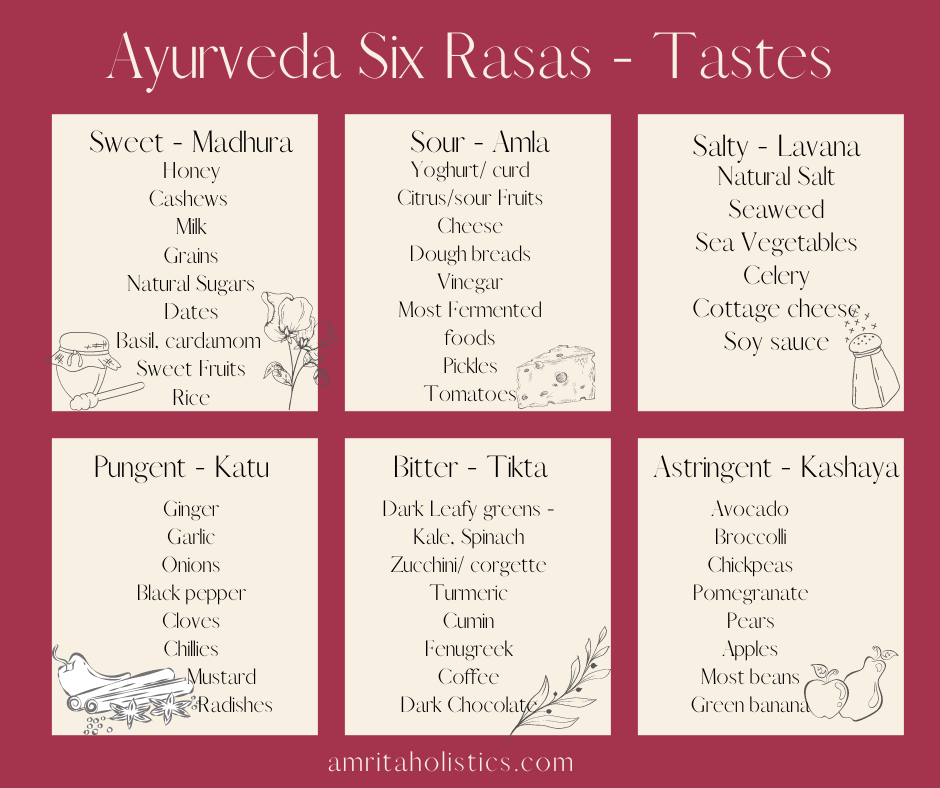
General rules to follow would be to eat seasonal whole foods (those which naturally grow in your area at this time of year). Healthy winter foods include heat producing vegetables such as radish, onions, carrots, turmeric, beetroots and spinach, hot spices such as garlic, ginger, black pepper and chilli pepper. Cooked grains such as oatmeal, barley, tapioca and cornmeal. Legumes and pulses consumed with ghee are also a good option and will help balance both Kapha and Vata. Its best to avoid or reduce dairy products in winter although drinking hot milk with turmeric, black pepper and nutmeg is good and especially nourishing, warming and immunity boosting at this time of year. When taken before bedtime it also helps induce a good nights’ sleep (a good recipe for this is included in my Ebooklet).
Think warming, nourishing lightly cooked foods. Opt for brown or red rice. Include light oils like ghee, olive oil. Mustard oil can also be used in moderation as a healthy cooking oil and is heating in winter time.
You should also avoid cold food and drinks as well as foods that are processed, frozen, cold, damp, or excessively sweet, heavy, or oily/deep fried foods. Instead eat warm freshly prepared whole foods and drinks that are room temperature or warm, herbal teas and warm water are good. This will also help support your digestive fire and keep your body warm.
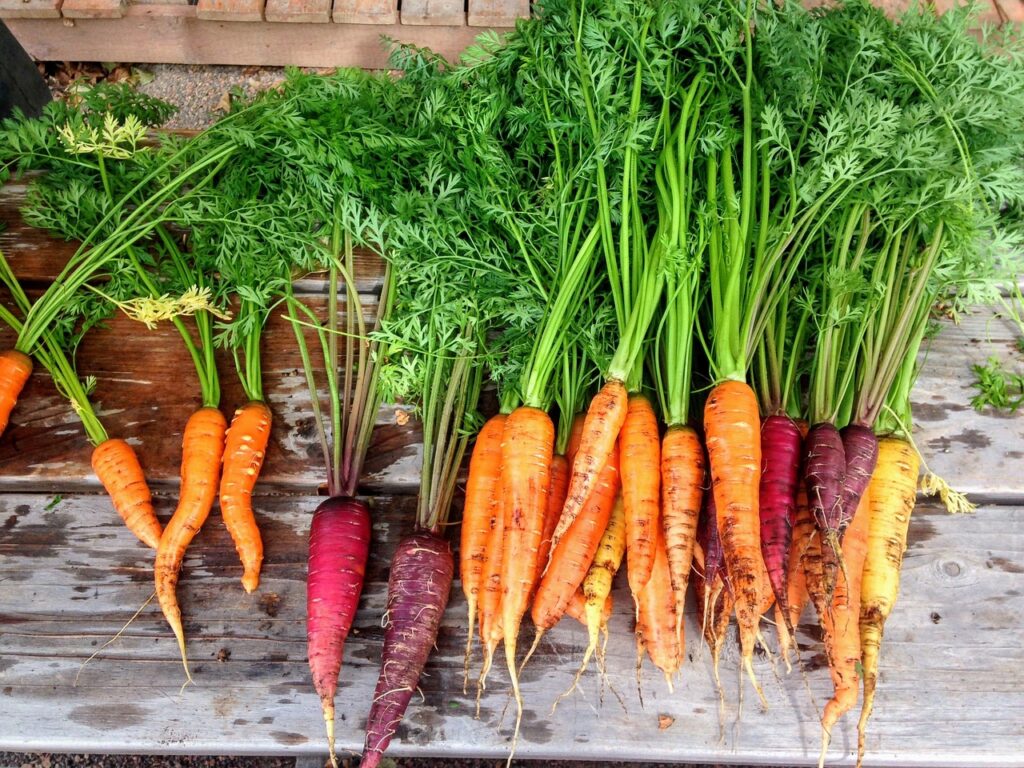

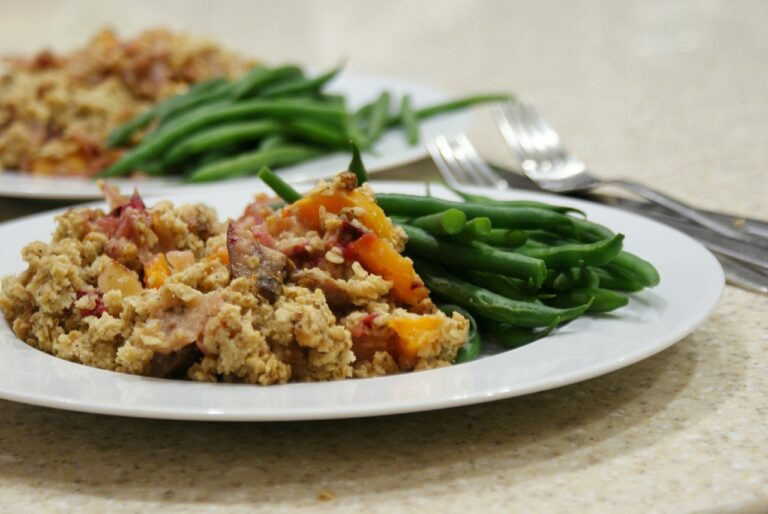
Ideal Winter Foods List – Summary
The following is a list of foods Ayurveda recommends as being favourable during the winter. (Reference Dr Vasant & Usha Lad).
Fruits
Apples (cooked) Apricots Bananas Berries Cantaloupe Cherries Dates Figs | Grapefruit Limes and Lemons Mangoes Oranges Papaya Peaches Prunes (soaked) Tangerines |
Vegetables
Asparagus Beets Brussel Sprouts Carrots Chilies Corn Eggplant Garlic Green Beans | Greens (cooked) Mushrooms Leeks and Onions Okra Potatoes (especially sweet potatoes) Rutabaga Spinach (cooked) Winter Squash Turnips |
Grains
Amaranth Barley Buckwheat Corn Millet Oats | Quinoa Rice, basmati Rice, Brown or red Rye Seitan Wheat |
Legumes
Lentils (brown and red) Miso Navy Beans | Tempeh Tofu Toor Dal Urad Dal |
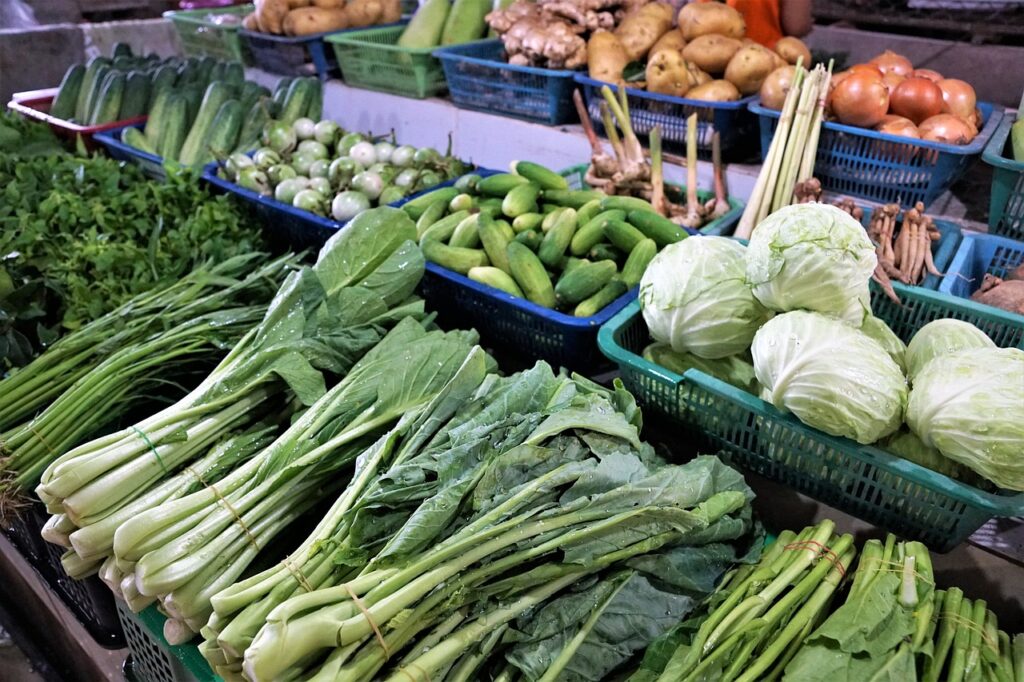
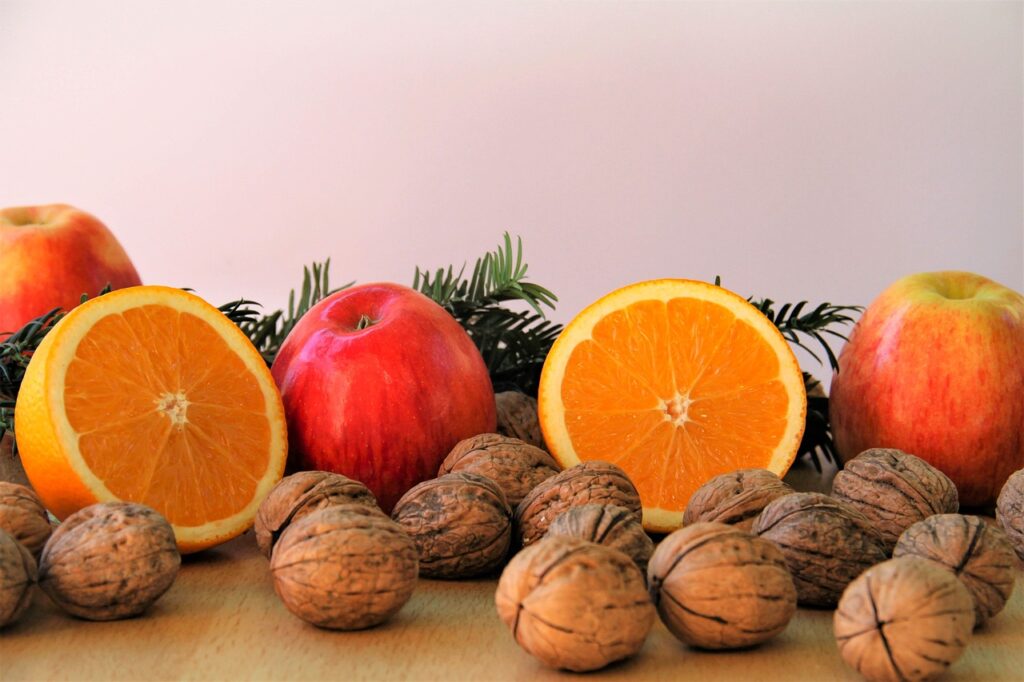
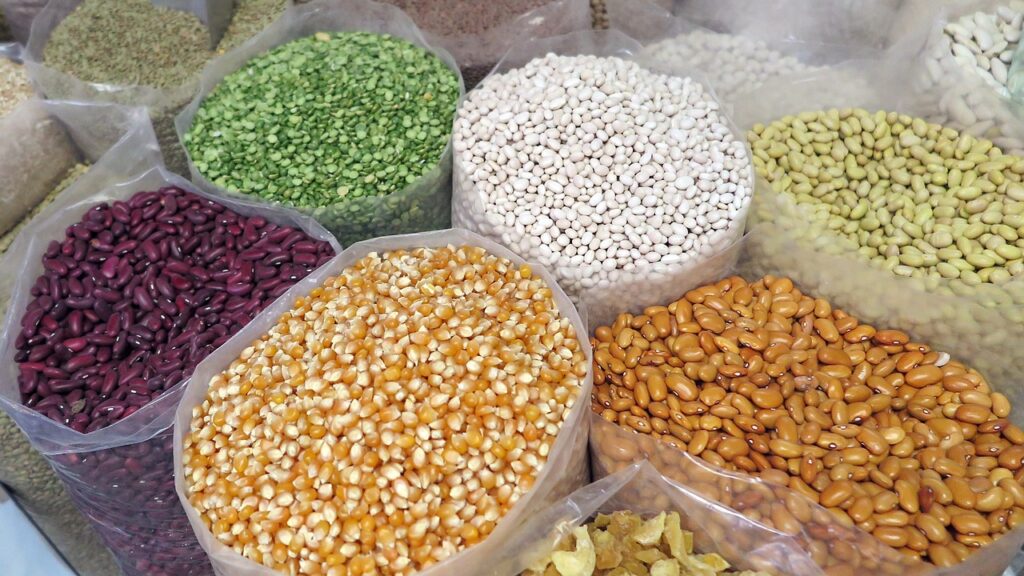
Nuts and Seeds
Almonds Brazil Nuts Cashews Hazelnuts Macadamia Nuts Peanuts | Pecans Pine Nuts Pistachios Walnuts Pumpkin Seeds Sunflower Seeds |
Dairy (to be limited / taken in moderation)
Butter Soft Cheeses Cottage Cheese | Cow’s Milk (not cold) Goat’s Milk (not cold) Sour Cream |
Oils
Almond Oil Corn Oil Flax Seed Oil Ghee Mustard Oil | Olive Oil Safflower Oil Sesame Oil Sunflower Oil |
Sweeteners
Honey Jaggary Molasses |
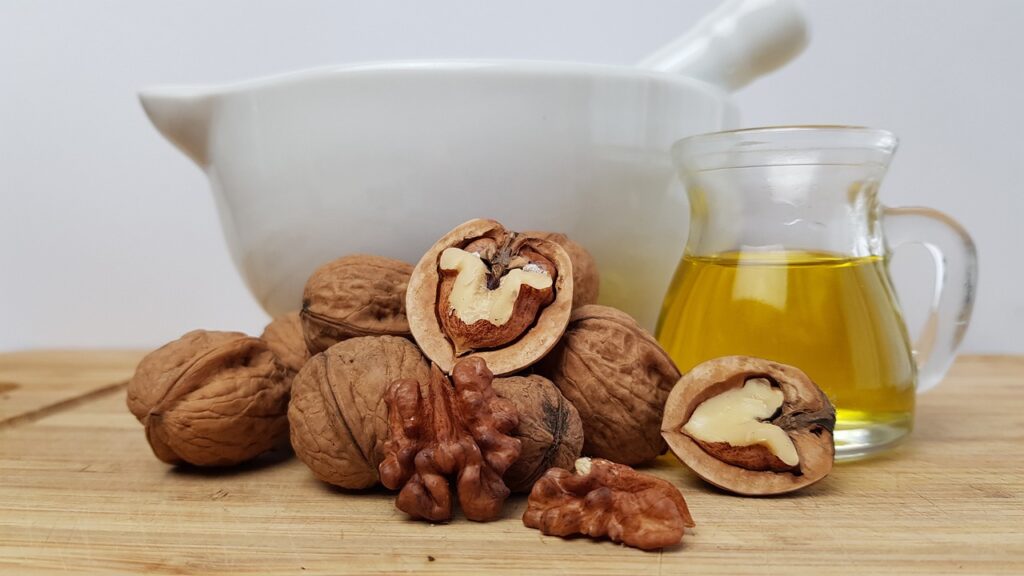
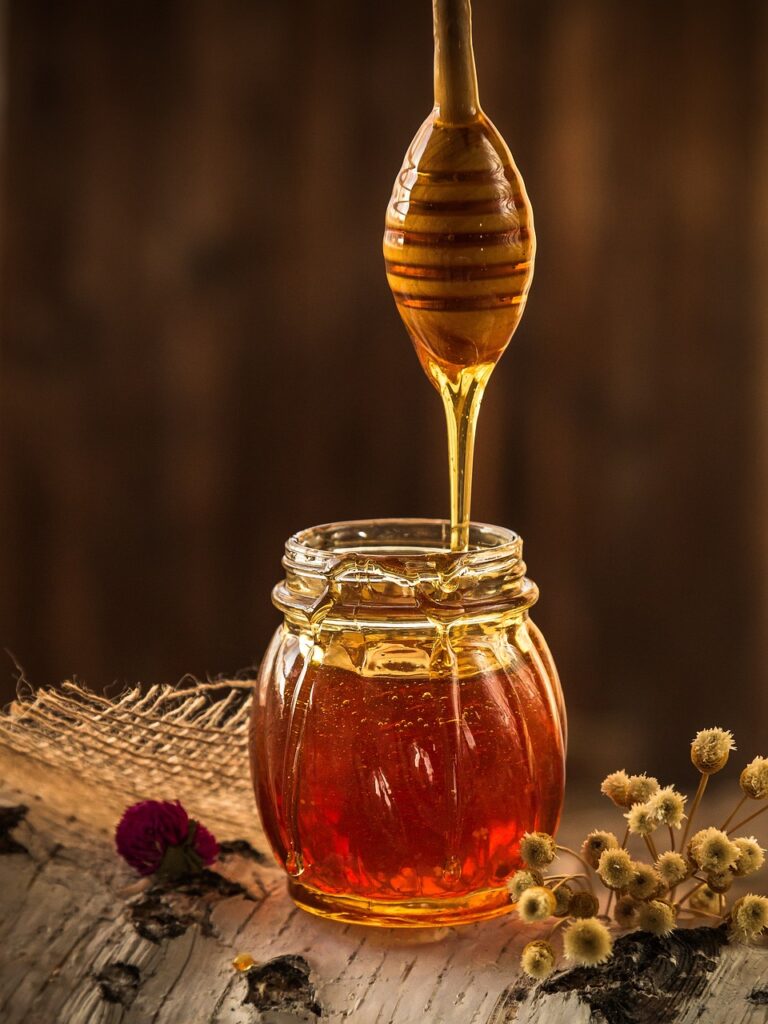
Spices
All spices can be supportive during the winter months. But do check which will be best for your own constitution and balance and do take in moderation – lightly spiced foods are best.
Vata reducing herbs and spices include cardamom, cumin, oregano, cloves, turmeric, cinnamon, nutmeg, oregano, liquorice
Kapha benefits from stimulating herbs and spices such as: cloves, ginger, garlic, turmeric, rosemary, black pepper, mustard.
Chyavanprash is an ayurvedic rasayana (a rejuvenating blend of 40 different herbs) which can be taken every morning with a glass of warm milk or water to help boost immunity and increase vitality.
How to keep the body warm naturally and how to reduce Vata in the body in winter? A simple solution to achieve these is by maintaining a strict routine with set times for your food and eating them in regular and proper intervals. It is important not to skip any meals, have a heavy breakfast and lunch, and a lighter dinner. In addition to this, ensure you have your evening meal at least three hours before going to sleep. If you feel hungry in between meals, a handful of nuts and raisins soaked in water are an ideal snack that is rich in vitamins, minerals and healthy fats.
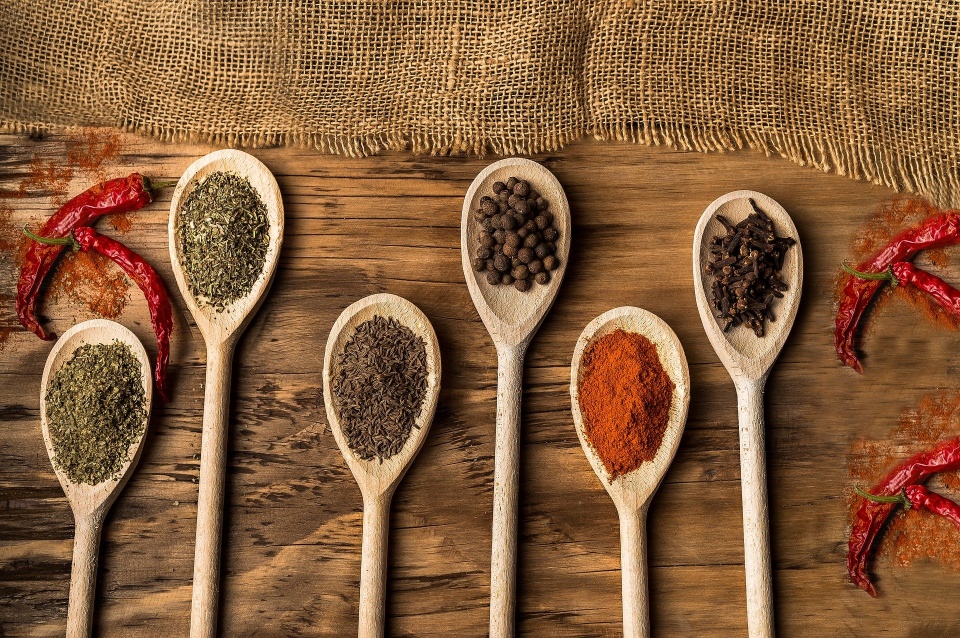
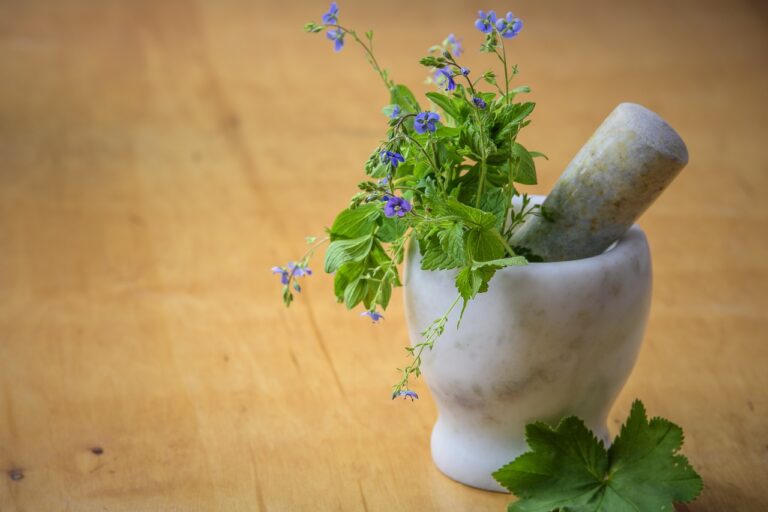
Seasonal Fasting & Cleansing
You may also find that your body responds well to an occasional one-day water or juice fast at this time of year. If you are prone to kapha imbalances, the phase between autumn and winter is a great time to do a cleanse.

In summary some simple tips on winter time diet to help support you throughout the season:-
- Always aim to eat locally sourced, seasonal, whole foods (organic if possible).
- Choose sweet, sour and salty foods as a preference –In Ayurveda, there are various tastes that match the rhythms of each season. In winter, it’s best to choose sweet, sour, and salty foods instead of bitter, astringent, and pungent tastes.
- Choose room temperature, hot and warm drinks and cooked food –In winter, it is best to avoid chilled drinks and cold food as they may have an adverse effect on the immune system. Instead choosing cooked food and warm drinks can help balance the Vata and Kapha perfectly for the season.
- Do eat a good range of healthy fats and oils to help nourish your body, but in moderation. Avoid deep fried or excessively oily foods.
- Use Ayurvedic herbal medicines –If you discover symptoms such as cold, cough, and fever, opt for Ayurvedic medicines and herbs for increasing body heat that will create a healthy balance in the season. Tulsi (holy basil) is especially effective at reducing fever and balancing body temperature, it is also highly immunity boosting and has anti oxidant properties. Drink as a tea if you get sick, use a tincture added to water or simply eat the leaves if you are fortunate to have a plant in your home or garden.
Remember, everything in moderation and balance is always a key principle for anything in Yoga & Ayurveda!
Please note that this is general advice and guidance. It is best to understand your own dosha first, and taking into account your own constitution and any imbalances along with the seasons’ variations. This is why a consultation and deeper dive to determine the right balance on an individual level is best and most beneficial.
(NOTE: – Please do consult your Doctor and a qualified Ayurveda professional if you plan to take any of these herbs, have pre existing health conditions and if you are unsure of anything).
Contact me!
I would love to hear from you if you are interested to know more or would like to book a consultation with me.

Pingback: 12 Ways to help beat the Winter Blues – Amrita